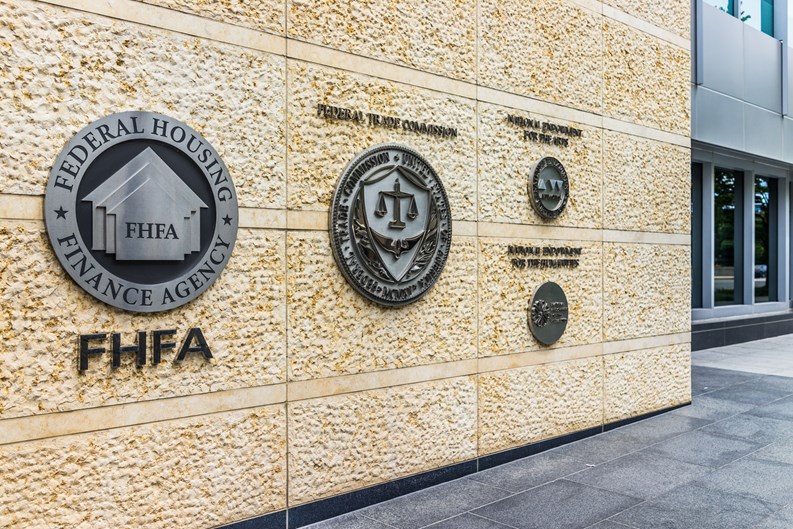According to a recent investigative piece by the Orange County (Florida) Register, Fannie Mae is keeping a secret “blacklist” of condominium, HOA and cooperative properties which the federal agency has decreed that lenders should stay away from. Fannie Mae is a United States Government sponsored enterprise whose purpose is to expand the secondary mortgage market. According to the Register, Fannie Mae’s “blacklist” identifies 1,400 properties and growing. A more recent report indicated that the list has grown to 1,700 properties.
Fannie Mae’s “blacklist” is directly correlated to the collapse of the Surfside, Florida condominium in 2021, in response to which Fannie Mae changed its criteria. Since Surfside, lender questionnaires for condominium sales now commonly inquire into the structural aspects, health and reserve requirements of condominiums. The “blacklist” is composed of properties that allegedly haven’t kept up with maintenance, have potential structural issues, are not on firm financial footing, or have inadequate insurance among other things.
The “blacklist” is not publicly available. The only way to find out if a condominium, HOA or cooperative is on that list is if you apply for a mortgage and the lender runs that project to see if it’s unavailable. Only then, typically, is a buyer informed. The community on that list is not informed - it only finds out about it through the buyer or seller.
One would think that a government sponsored entity like Fannie Mae would be held to a higher standard. One would think that a federal government sponsored entity would want to make the list public, so communities could take corrective measures to restore value to their properties. That would also help eliminate potential risk to Fannie Mae, in terms of its business of backing loans. The Federal Housing Administration keeps a similar list of properties ineligible for FHA mortgages, but that list is not secret - it is available to the public. Community association advocates and most real estate professionals believe that the Fannie Mae “blacklist” should be public as well.
Perhaps one reason for Fannie Mae’s secrecy is that it remains under the conservatorship of the Federal Housing Finance Agency (FHFA) which is an independent federal government agency, and seems more narrowly focused on Fannie Mae’s risk levels and returns since the 2008 financial crisis. FHFA is no stranger to controversy; In 2021 the United States Supreme Court ruled that its structure was unconstitutional, as it did not allow for the removal of its director by the President of the United States. (See Collins v. Yellen, 141 S. Ct. 1761 (2021)).
We think making the list public benefits the communities, lenders, Fannie Mae, and FHFA. What if a community is wrongly on the “blacklist”? What if the community has taken measures to remedy structural defects or financial shortcomings? How does a community get off the list, especially if it did not know it was on the list to begin with?
Attorneys Ed Allcock and Stephen Marcus of Allcock & Marcus have sent Freedom of Information Act (FOIA) requests to Fannie Mae and its conservator FHFA requesting them to release their “blacklist.” Fannie Mae and FHFA have 20 days to respond. Hopefully, they will provide the information, or simply make its list public like FHA does. (To read our requests in full, click here.)
We intend to make Fannie Mae’s blacklist public and share it with as many outlets as possible, so that affected communities can either address the issues that Fannie Mae has determined make them ineligible for lending, or attempt to address their placement on the blacklist altogether. We will keep our clients and subscribers of any progress with FHFA and Fannie Mae.
If you have any questions about this topic, please contact Stephen Marcus at stephen@amcondolaw.com or Ed Allcock at Ed@amcondoloaw.com.







Leave a Comment